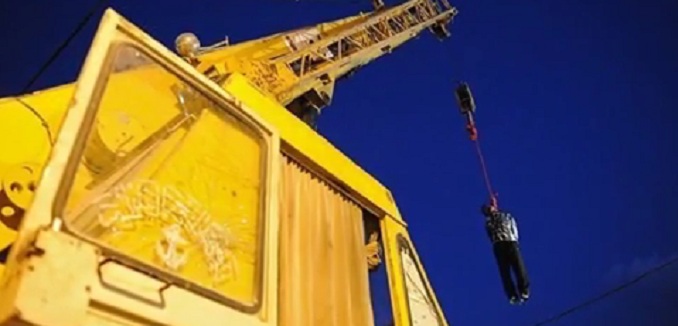The United Nation’s special rapporteur on human rights in Iran has told the U.N. General Assembly that there have been no fundamental improvements in Iran’s human rights situation despite token but welcome gestures undertaken since the election of Iranian president Hassan Rouhani.
Ahmed Shaheed, the UN special rapporteur on human rights in Iran, said in a report presented to the General Assembly today that he’s “alarmed by the spate of executions,” 38 of which were officially announced during the same period that “at least 44 others reportedly took place.”…While Shaheed acknowledged the Rouhani administration’s recent overtures “designed to reduce tensions” and “reset” international sanctions, and welcomed the release of female rights activist Nasrin Sotoudeh, he told the General Assembly in a separate address today that he hasn’t seen signs of fundamental improvements to Iran’s human rights situation.
Ahmed Shaheed’s non-exhaustive 20 page “overview of the prevailing human rights situation” in Iran desribes an array [PDF] of “cruel and inhuman punishment[s]” including “limb amputation for the crime of theft… [and flogging] for such crimes as ‘sedition’, ‘acts incompatible with chastity’, drinking alcohol, ‘illicit’ relationships and non-penetrative homosexual acts.” Hopes that Rouhani would be willing or able to improve Iran’s human rights conditions were dampened early when he nominated Mostafa Pour-Mohammadi, a revolutionary-era figure directly involved in the murder of an estimated 30,000 dissidents, to be Rouhani’s justice minister. Rouhani, himself a revolutionary-era cleric, has called for mass roundups of anti-regime protesters.
[Photo: iran parast / YouTube]




